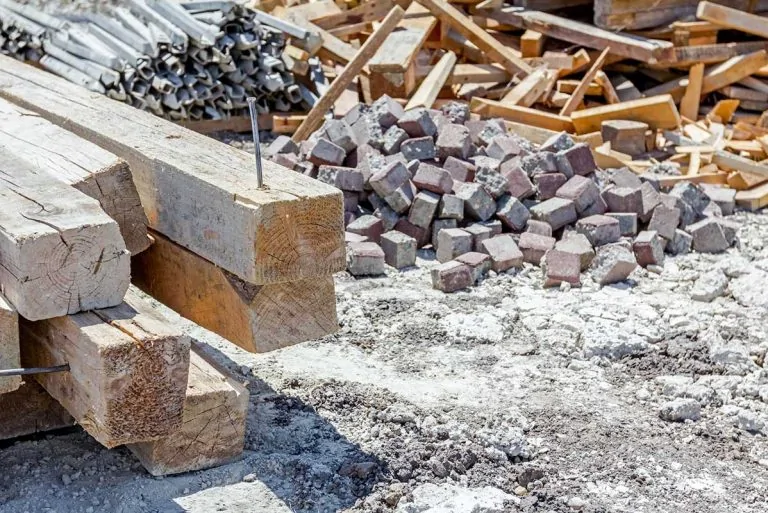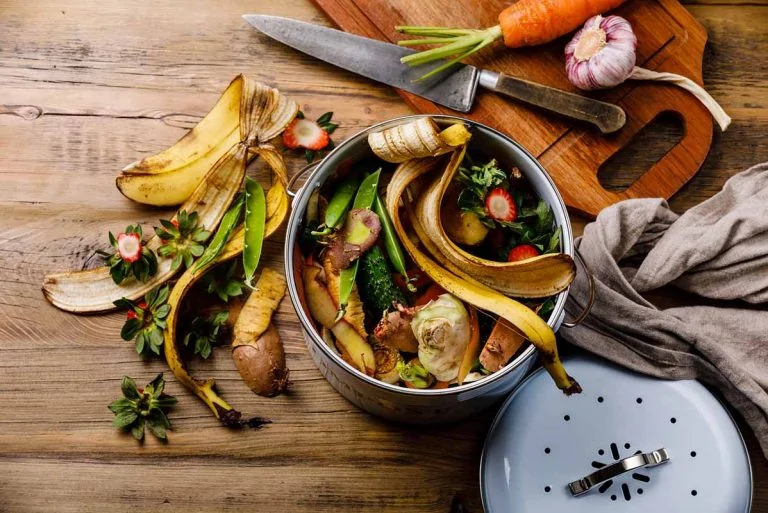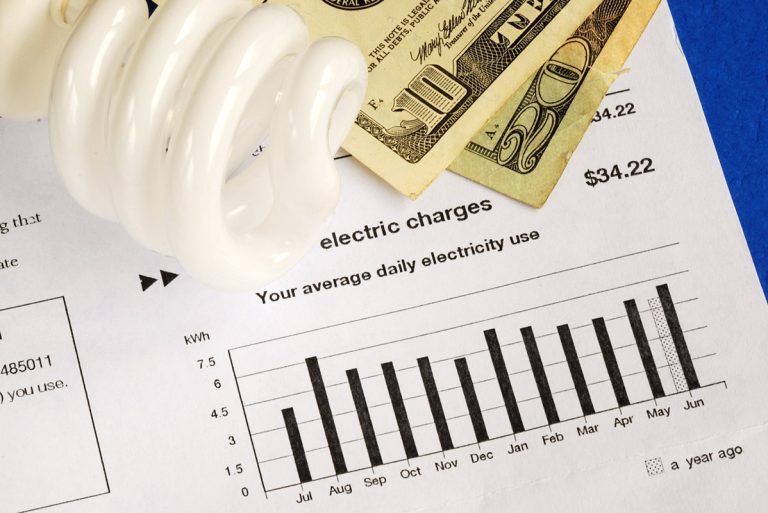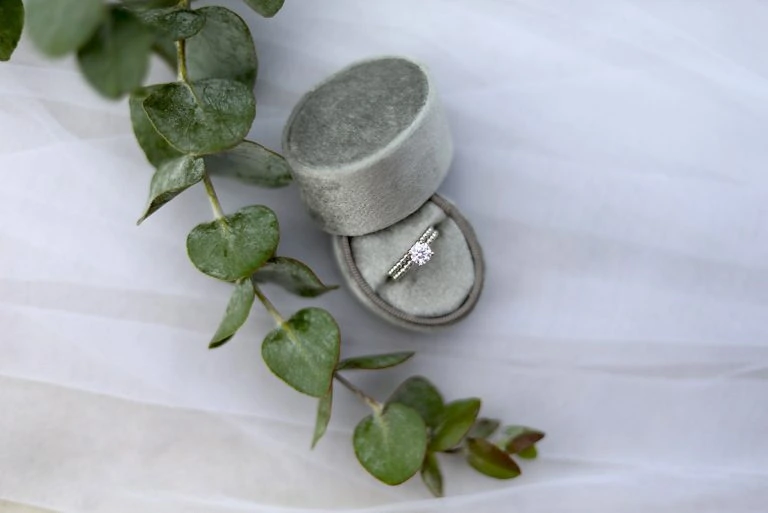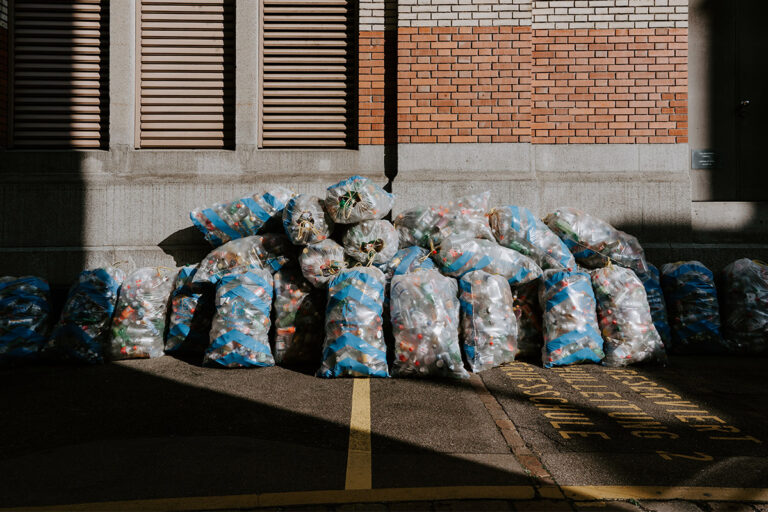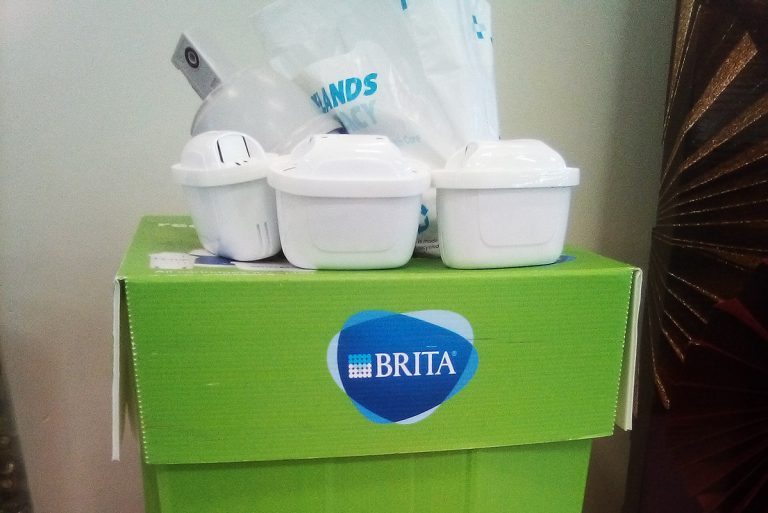Plastic has become a ubiquitous part of our daily lives and we now rely on this environmentally-destructive material for everything from carrying our shopping to wrapping up our food to keep it fresh. Therefore, breaking the plastic habit can be tough, and it can be hard to know what to use instead of common household items like plastic or saran wrap.
Thankfully, there are a range of eco-friendly plastic wrap alternatives available.
Why should you use a plastic wrap alternative?
Even thin, malleable plastic like plastic bags and plastic wrap can take hundreds of years to decompose in landfill. A plastic bag will take at least 300 years, sometimes more, to break down fully.
Because plastic wrap is so difficult to recycle, it usually ends up in landfill. Here, the mountains of wrap we collectively use on a daily basis takes up a considerable amount of space in the landfill and doesn’t decompose for years. As a result, more land is converted into landfill to create space for other waste.
Even when this kind of plastic does break down, it doesn’t completely decompose. Instead, it’s turned into small particles, or micro plastics, that can easily contaminate water or soil.
Not to mention that from landfill, plastic waste, and especially tiny microplastic particles, can make their way to the ocean: around 8 million tonnes of plastic waste is dumped into the oceans every year. Researchers believe that if things continue at the current pace, by 2050 our oceans will have more plastic than fish.

When these particles are ingested by marine animals, the toxic chemicals found in the plastic can be very harmful, with fatal consequences in high enough concentrations, which happens as the chemicals accumulate up the food chain. Not only can plastic contain a range of toxic chemicals, but this material can soak up even more dangerous chemicals along the way, acting as “toxin sponges”.
Currently, 700 marine species are threatened with extinction because of plastic pollution.
If this wasn’t concerning enough, using plastic wrap could also threaten your health. Most plastics contain a range of toxic chemicals: a 2019 study found that of a range of plastics tested, 74% contained some level of toxicity.
These chemicals could leach into your food, potentially from having a negative impact on your blood pressure, reproductive health, and increased risk of developing some types of cancer.
The least we can do is switch our plastic wrap and other single-use plastic items to sustainable plastic wrap alternatives. Not only will this help the environment, but these reusable solutions will save you money in the long run – think about the amount of money you spend on single-use wrap!
Best plastic wrap alternatives to consider
There’s no doubt that plastic wrap is a highly convenient way to keep your food fresh. Thankfully, there are tons of safe, sustainable alternatives available, from glass jars to beeswax and reusable fabric covers.
1. Glass jar or food containers
If you want an alternative to plastic wrap, look no further than the humble glass jar! Glass jars are ideal plastic wrap alternatives because they’re safe, reusable, and easy to clean – all you need to do is put them in the dishwasher, and then you can use them again.

Food-grade glass jars are made of non-toxic materials and come with lids that are designed to preserve food and avoid leakage. Not to mention that glass is transparent, so you can easily see the contents, so you can keep track of everything and minimize food waste.
You can either convert your old pickle or jam jars into food storage containers or buy a couple of new jars. Whichever you choose, be sure to opt for airtight jars that will keep your food fresh.
Top pick: Yomarket 8 oz Mason Jars
These small and transparent mason jars come with metal airtight lids and can safely store food like pickles, jam, and spices. These simple jars have a wide top, making it easy to get into the corners and clean them thoroughly.
These 8 oz mason jars are crack and scratch-resistant, BPA-free and durable, making them ideal for repeated use.
2. Beeswax covers
Beeswax food wraps are great sustainable plastic wrap alternatives. They’re typically made of cotton covered in beeswax to create a high-quality, flexible, and water-resistant material that can be used to wrap all kinds of foods.

Beeswax is naturally antimicrobial, so suppresses the growth of fungus and bacteria. This soft material can melt, so make sure you protect it from heat.
You can wash beeswax covers in cold water, air dry, and re-use them over and over again. Better yet, when they eventually wear out, you can responsibly dispose of them in your compost.
Top pick: Bee’s Wrap Reusable Food Wraps
These reusable food wraps from Bee’s Wrap are plastic and silicone-free and can be used to preserve your freshly cooked food, leftovers, and snacks. They come in three different sizes designed for different portion sizes and types of foods: 7 x 8 inches, 10 x 11 inches, and 13 x 14 inches.
The durable yet pliable food wraps are made in the USA from certified organic cotton, responsibly-sourced beeswax, and organic plant oils. The brand says their wraps can be used for around a year if you look after them.
3. Silicone food bags
Silicone food bags are also good plastic wrap alternatives, as they provide an effective way to store both wet and dry food. These self-sealing, leak-proof, and air-tight bags can also be used for refrigerating or freezing food.

The major advantage of silicone bags is they’re lightweight, portable, and flexible. They’re also easy to clean: simply wash them by hand or pop them in the dishwasher and you can use them repeatedly.
Silicone bags typically have a longer life than other plastic wrap alternatives: good-quality silicone should last for years if looked-after properly.
However, while silicone is definitely a better option than single-use plastics, there are some environmental concerns associated with this material, including difficulty to recycle. Check out this post for more.
Top pick: Stasherbag
Stasherbag makes a range of high-quality silicone food bags, from pocket-sized bags to stash your trail mix to large half-gallon and stand-up varieties. The brand’s trade mark Pinch-Loc seal is leak free, so you won’t have to worry about messy spills.
These silicone bags are also resistant to a wide range of temperatures – so you can use them to store food in the fridge, boil veggies, or cook food in the microwave.
4. Aluminum foil
Foil may not be the most sustainable alternative to plastic, but foil can be washed and reused a couple of times. Furthermore, it’s typically easy to recyclable, meaning you can dispose of it sustainably.

Aluminum foil is also heat-resistant, so will keep your food warm or cold for a relatively long time. It’s also suitable for oven use.
Finally, aluminum foil is cheap, so it’s a good place to start if you want to make the switch, but aren’t ready to invest in more sustainable plastic wrap alternatives.
Top pick: If You Care Aluminum Foil
If you’re looking for an eco-friendly aluminum foil, this recycled foil from If You Care is a good option. It’s made from 100% recycled aluminum using a low-energy process that is 95% more energy efficient than traditional tin foil manufacturing.
5. Reusable fabric bowl covers
Fabric bowl covers make for great plastic wrap alternatives: they’re durable, washable, and compostable. Many fabric bowl covers are also made using sustainable processes from eco-friendly materials.

Although you won’t be able to use them to wrap and store food for extended periods of time, fabric bowl covers are ideal for leftovers, protecting dishes in the microwave, or covering sauces. You’ll also find these covers in a range of sizes, colors, and cute prints.
Fabric bowl covers typically come with elastic edges so they’ll sit tight over your bowl, jar, or other container. Most are machine-washable and can be reused hundreds of times.
If you’re handy with a needle, you can even get creative and whip up a few of your own!
Top pick: Set of 3 Dish and Bowl Covers
These bowl covers are made from 100% GOTS-certified organic cotton, and are completely plastic-free. The set includes three sizes, designed to fit smaller bowls, jars, and jugs.
The bowl covers are handmade in home industries in South Africa, helping local women there to earn an income. They’re also microwave-safe and machine-washable.
6. Silicone bowl covers and lids
Silicone lids also make for great, sustainable and affordable plastic wrap alternatives, and are more suitable for longer-term food storage. These lids form an air-tight seal that keeps your food fresh and avoids leaks.

You can find these lids in various sizes and colors, to easily fit small to large bowls and containers. There are also stretch options that can fit virtually any size of container, or sit snugly over large fruits and vegetables.
Being made from durable and heat-resistant silicone, you can use these covers in the freezer, oven, or microwave. Most silicone covers are also dishwasher safe – just be sure to look for products that are food-grade and BPA-free.
Top Pick: Aristomache Beeswax Wraps and Silicone Lids Set
This set includes six silicone lids in various sizes, ranging from 2.5 to 8.3 inch diameters. These dishwashable lids can be used to securely seal bowls, jars, and jugs.
As part of the set, you’ll also get three beeswax food wraps, making this a great plastic wrap alternatives starter pack!
7. Reusable cloth bags or food containers
Reusable cloth bags are ideal for school lunches, sandwiches, and snacks on the go. There are a range of cloth food containers available, and many are made from waterproof cotton to resist moisture and keep your food fresh.

Sustainable cloth bags typically feature a zipper or Velcro closure to keep your food secure. Once you are done using them, simply put your cloth food containers in the washing machine, air dry, and they’re ready for reuse!
Top pick: Wegreeco Reusable Sandwich & Snack Bags
These fabric food container bags from Wegreeco feature a double fabric layer to keep your food fresh and avoid leaks. The set contains three bags in various sizes, from a small snack container to a sandwich bag, each with a zipper for easy sealing.
Top pick: Lunchskins Reusable Food Storage Bags
Lunchskins offers a range of sandwich and snack bags in various sizes and designs. Their bags are free from BPA, phthalates, and lead, and come with Velcro closures.
Lunchskins’ bags also have a writable label where you can put your child’s name, or record the bag’s contents for easy reference.
8. Cheesecloth
Plastic wrap alternatives like silicon lids and beeswax wraps are great for keeping conditions airtight, but what about foods that need a little ventilation to stay fresh? Herbs and salad greens, for example, need ventilation – that’s where Cheesecloth comes into the picture.

Cheesecloth wraps are not only biodegradable and eco-friendly alternatives to plastic bags, but they’ll also avoid food perspiration, keeping your lettuce and herbs good for longer. You can wrap foods in a piece of cheesecloth or place it over the top of a bowl.
Top pick: Regency Wraps Natural Cheesecloth
Regency Wraps’ food-grade cheesecloth is ultra-fine and durable. It’s made from 100% natural, unbleached cotton and has a heavy weight that is ideal for food storage.
In addition to storing food, you can also use this cheesecloth for straining soups and sauces, making yogurt, and basting poultry.
Bottom line
If you want to go green, there’s no better place to start than by ditching single-use plastics. Replace your plastic wrap with alternatives like silicon bags and covers, beeswax wraps, and fabric sandwich bags.
These plastic wrap alternatives each have their pros and cons, and suit different purposes. Therefore, your best bet is to go for a mix of each, and you’ll be able to keep your food fresher for longer while looking after the planet!
If you’re interested in other plastic alternatives, check out our posts on the best non-plastic sippy cups, alternatives to plastic trash bags, and plastic-free storage containers.









